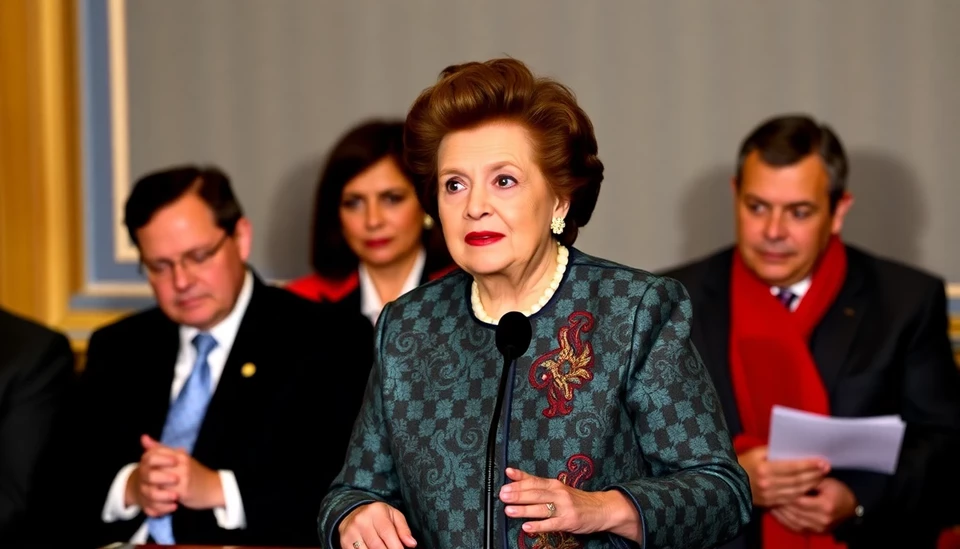
In a significant development for Brazilian politics, President Luiz Inácio Lula da Silva has returned to work, engaging directly with Congress as it deliberates on his proposed spending cuts. After a brief hiatus from his presidential duties, Lula is actively pushing for reforms that could reshape Brazil's fiscal landscape.
Following a health-related break, the President's re-entry into the political arena comes at a critical juncture. Lula's administration is facing mounting pressure to reduce the country’s budget deficit while addressing the ongoing economic challenges. These challenges include inflationary pressures and the need for social programs that can sustainably support the nation’s lower-income population.
As Lula engages with the legislative body, his administration has laid out a series of budgetary reforms aimed at curtailing unnecessary expenditures. These proposed cuts are particularly controversial, as they could impact various social programs crucial for many Brazilians, which has led to a heated debate among lawmakers and the public alike.
One of President Lula’s main objectives is to balance Brazil's books without significantly hindering economic growth or the welfare of its citizens. He has proposed a multifaceted approach that includes revising tax policies and reallocating existing budgetary resources to areas that can stimulate economic recovery and development.
The current Congress is split on how to proceed, with various factions weighing the potential social impacts of austerity measures against the necessity of fiscal responsibility. Lula is expected to lobby intensively to garner support for his initiatives, emphasizing the long-term benefits of a more sustainable economy.
Moreover, Lula's return comes at a time of heightened political scrutiny. With upcoming elections on the horizon, the administration's ability to effectively manage public funds and deliver on economic promises will play a critical role in shaping the electoral landscape. Observers are closely monitoring the developments in Congress, as the outcomes of these discussions will likely influence Lula’s popularity and the broader political climate in Brazil.
As debates intensify, both supporters and opponents of Lula's proposed spending cuts are mobilizing their bases. The outcome of this legislative session could define not only the future of Lula’s presidency but also the economic trajectory of Brazil for years to come.
In conclusion, President Lula's return to presidential duties marks the start of a pivotal moment in Brazil's legislative processes. As Congress deliberates on his spending cut plans, the discussion is expected to frame the nation’s fiscal future and shape the lives of many Brazilian citizens.
#BrazilPolitics #Lula #SpendingCuts #EconomicReform #CongressDebate #FiscalResponsibility
Author: Laura Mitchell
